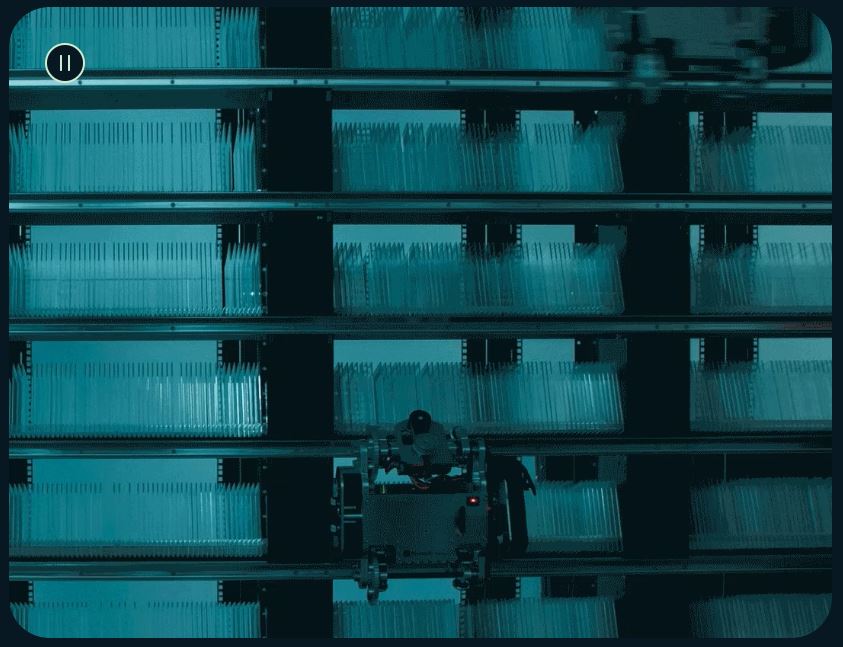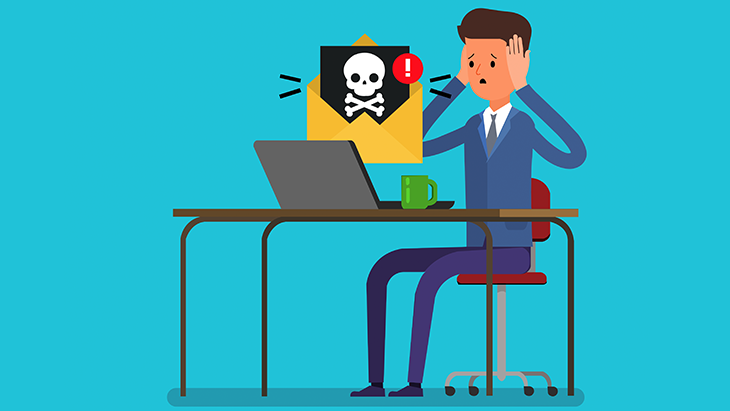
Storing data on glass might sound futuristic, but it’s a concept that dates back to the 19th century when single photographic negatives were preserved on panes of glass. Fast forward to today, technology has remarkably expanded the storage capabilities of this sustainable material. A small sheet of glass can now hold several terabytes of data, enough to store approximately 1.75 million songs or 13 years’ worth of music.
Elire, a sustainability-focused venture group, has collaborated with Microsoft Research’s Project Silica team to harness this technology for their Global Music Vault in Svalbard, Norway. Using silica-based glass plates, they’re creating a durable archive that is not only resistant to electromagnetic pulses and extreme temperatures but also environmentally friendly. This vault will complement repositories like the Global Seed Vault and the Arctic World Archive, offering a comprehensive sanctuary for musical heritage—from classical operas to modern hits and indigenous compositions. Looking to the future, Elire plans to expand this enduring musical repository by establishing accessible locations worldwide, inviting the public to interact with this extensive and ever-growing archive.






